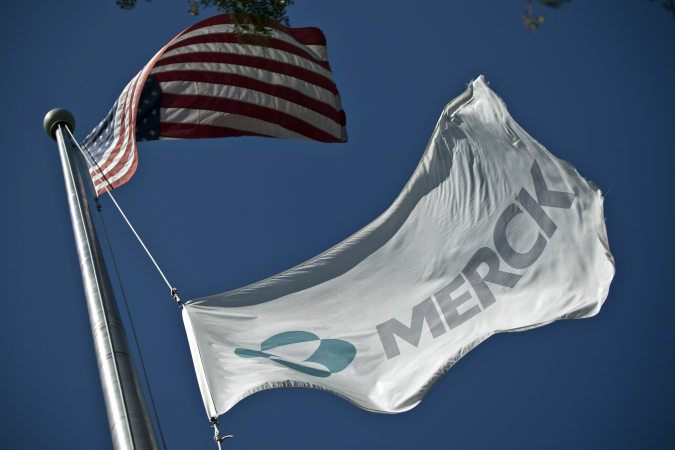
Keytruda led Merck’s sales in its pharma business in Q1. The immunotherapy saw $2.3 billion in sales globally, a 55% jump over last year. Keytruda is still beating its closest competitor, Opdivo from Bristol-Myers Squibb, in overall sales.
Rounding out the top three drugs for Merck were diabetes treatment Januvia and human papillomavirus vaccine Gardasil. Januvia saw a slight drop in sales, 5%, compared to Q1 2018 while Gardasil saw a 27% increase. Gardasil’s improvement was likely due to its expanded label, approved in October, to include women and men between ages nine and 45.
Pfizer’s top cancer drug, Ibrance, saw $1.1 billion in sales worldwide, 20% higher than Q1 2018. In the U.S., Ibrance grew more slowly, only reporting a 2% increase in sales. The company’s blood thinner, Eliquis, saw a significant jump in sales, 32%, to more than $1 billion globally.
Leading Pfizer’s immunology group were Enbrel and Xeljanz, which treat auto-immune conditions like rheumatoid arthritis and plaque psoriasis. Enbrel reported a decline in sales, while Xeljanz saw a 30% increase to $423 million.
Diabetes treatments led Eli Lilly’s drug sales. Trulicity, a non-insulin diabetes drug, saw a 30% increase in sales in Q1 to $879 million. Lilly’s second-biggest seller was insulin drug Humalog with $730 million.
The company’s new migraine treatment, Emgality, also ticked up, seeing $14 million in global sales last quarter.
Other major pharma companies reported Q1 earnings last week.







